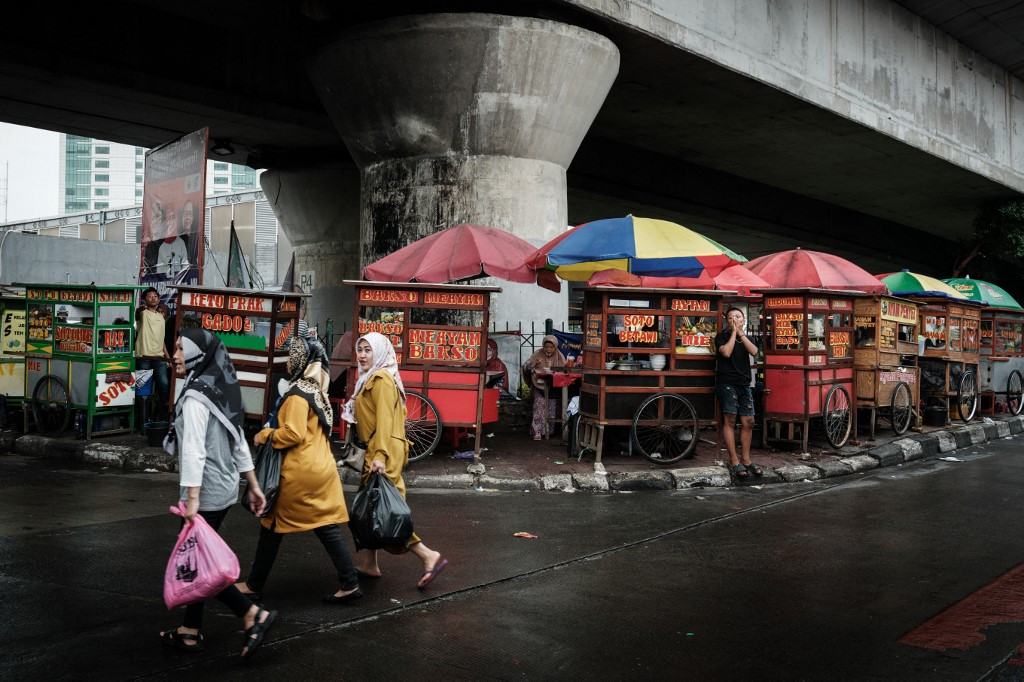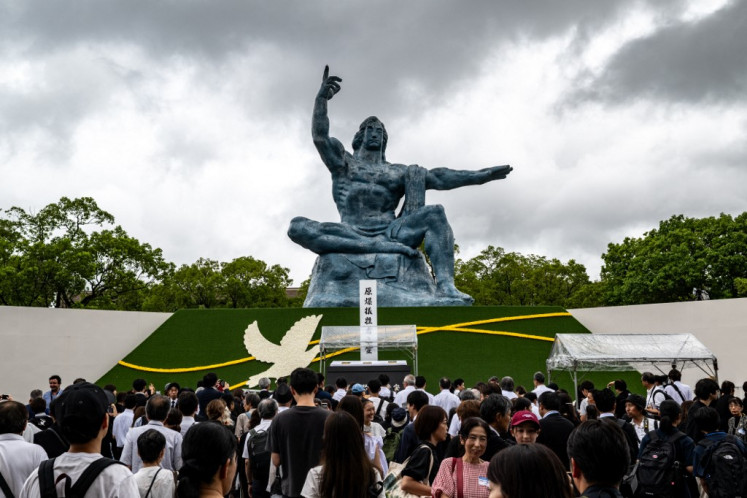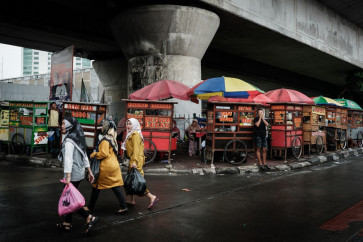Popular Reads
Top Results
Can't find what you're looking for?
View all search resultsPopular Reads
Top Results
Can't find what you're looking for?
View all search resultsCracking the shadow economy to meet 2026 revenue goals
The World Bank has estimated that Indonesia’s underground economy, a vast, hidden reservoir flowing beneath the surface, accounts for around 22 percent of GDP.
Change text size
Gift Premium Articles
to Anyone
N
early 60 percent of Indonesian workers, about 86.6 million people, remain in the informal sector. Their untaxed activities drain state coffers and directly jeopardize the government’s ambitious goal of raising Rp 2,357.7 trillion (US$142 billion) in revenue by 2026.
Without smarter strategies to address the shadow economy, this target risks slipping out of reach. The World Bank has estimated that Indonesia’s underground economy, a vast, hidden reservoir flowing beneath the surface, accounts for around 22 percent of GDP.
The Finance Ministry has set bold targets: a 13.5 percent increase in tax receipts without introducing new taxes. Income tax revenue is expected to rise 15 percent, while VAT ( value added tax) and luxury goods tax should grow by 12 percent compared with 2025. Achieving these targets depends not on raising rates, but on broadening the tax base and improving compliance. At the heart of this effort lies the challenge of addressing the shadow economy.
The shadow economy is often misunderstood. The OECD defines it as the “non-observed economy” (NOE), consisting of three components: the underground economy (legal activities hidden from authorities), the informal economy (production outside official records due to small scale or high compliance costs) and the illegal economy (criminal activities). Friedrich Schneider, the German economist who popularized the term, chose to measure only the underground component, excluding informality and illegality. Italian economist Vito Tanzi argues it is wiser not to confuse the shadow economy with informality, because their root causes are fundamentally different.
This distinction is crucial. A food vendor who cannot afford registration fees, a gold trader who conceals income and a fishing company involved in unreported exports all fall under the “shadow” label. Yet their motivations and impacts differ vastly. Treating them as one risks wasting enforcement resources and unfairly penalizing the most vulnerable.
For many small entrepreneurs, informality is about survival. Compliance costs, complicated paperwork and limited profits leave little room for formal registration or tax filing. For others, especially in high-margin sectors like gold trading or luxury goods, concealment is a deliberate choice driven by profit. Effective policy must recognize these differences.
The stakes extend beyond fiscal losses. Informal workers typically earn lower wages and lack access to health insurance, pensions or credit. These communities remain vulnerable because their livelihoods exist outside formal protections. Heavy-handed enforcement could worsen conditions. If street vendors or micro-traders face harsh penalties while larger players escape scrutiny, trust in the system will erode and tax morale will suffer.



















